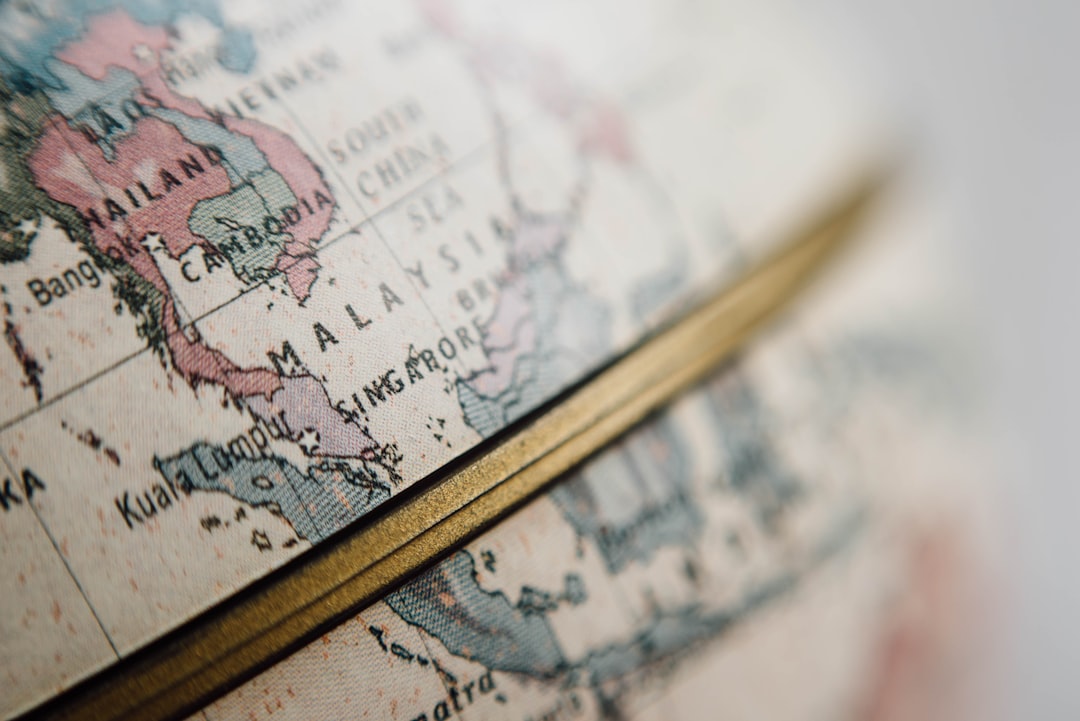The Joy of Slow Travel: Embrace the Journey, Not Just the Destination
In an age where speed often trumps quality, the concept of slow travel invites us to pause and reflect on our journeys. This growing trend encourages travelers to immerse themselves in local cultures, savor experiences, and appreciate the beauty of our surroundings, all while eschewing the frenetic pace of traditional tourism.
Slow travel isn’t just about taking it easy; it’s a mindset that emphasizes connection—both with the places we visit and the people we meet. Imagine trading a whirlwind tour of European capitals for a few leisurely weeks in a quaint Italian village. Here, you might find yourself learning to cook pasta from a local Nonna, exploring winding streets on foot, or simply enjoying a glass of wine as the sun sets over the rolling hills. These moments, rich in authenticity, create memories that last far longer than a checklist of sights.
Budget-friendly slow travel options abound for those looking to explore without breaking the bank. Consider house-sitting opportunities that allow you to stay in beautiful homes around the world while caring for someone’s pets. Platforms like TrustedHousesitters connect you with homeowners seeking responsible sitters, enabling you to enjoy new locales at minimal cost. Alternatively, look into volunteer programs where your time can earn you accommodation and food in exchange for your help. Organizations like Workaway and HelpX facilitate meaningful experiences that foster community engagement.
For the luxury traveler, slow travel can manifest in opulent yet conscious experiences. Think about chartering a yacht to explore secluded islands or indulging in wellness retreats that focus on holistic health rather than mere pampering. Luxury slow travel encourages indulgence while also promoting sustainability. Many high-end resorts are now implementing eco-friendly practices, from farm-to-table dining to zero-waste policies. This allows you to enjoy sumptuous experiences without the guilt.
Whether you’re budget-conscious or looking for the lap of luxury, slow travel aligns with an increasingly eco-friendly ethos. With the rise of climate consciousness, many travelers are seeking ways to minimize their carbon footprints. Choosing to travel slower means opting for trains instead of planes, exploring regions by bicycle, or simply walking more. Not only does this reduce environmental impact, but it also fosters a deeper connection to the land you traverse.
As we delve into the psychological benefits of slow travel, consider how our minds react to the hurried pace of modern life. Rushing from one site to the next can lead to overwhelm, fatigue, and even resentment toward the very act of travel. In contrast, slow travel promotes mindfulness. When we take the time to notice the sights, sounds, and smells of a new place, we engage our senses more fully, leading to greater joy and satisfaction.
But let’s not forget the stories we collect along the way. Each slow travel experience often becomes a tale worth sharing—a spontaneous conversation with a local artisan, an unexpected detour that leads to breathtaking views, or a shared meal that turns into a new friendship. These narratives enrich our lives, giving us a treasure trove of experiences to reminisce about and pass on to others.
The emerging trend of slow travel speaks to a collective desire to break free from the conventional travel mold. As travelers, we are gradually realizing that it’s not always about the number of destinations we tick off our lists, but rather the depth of our experiences and the connections we make.
So, the next time you plan a getaway, consider embracing the philosophy of slow travel. Whether you’re setting out on a shoestring budget or splurging on a luxurious escape, allow yourself the time and space to truly engage with your surroundings. The world is vast and beautiful, and there’s so much more to explore when you take a moment to breathe in the journey. In the end, it’s not just the destination that matters; it’s the story you create along the way.





